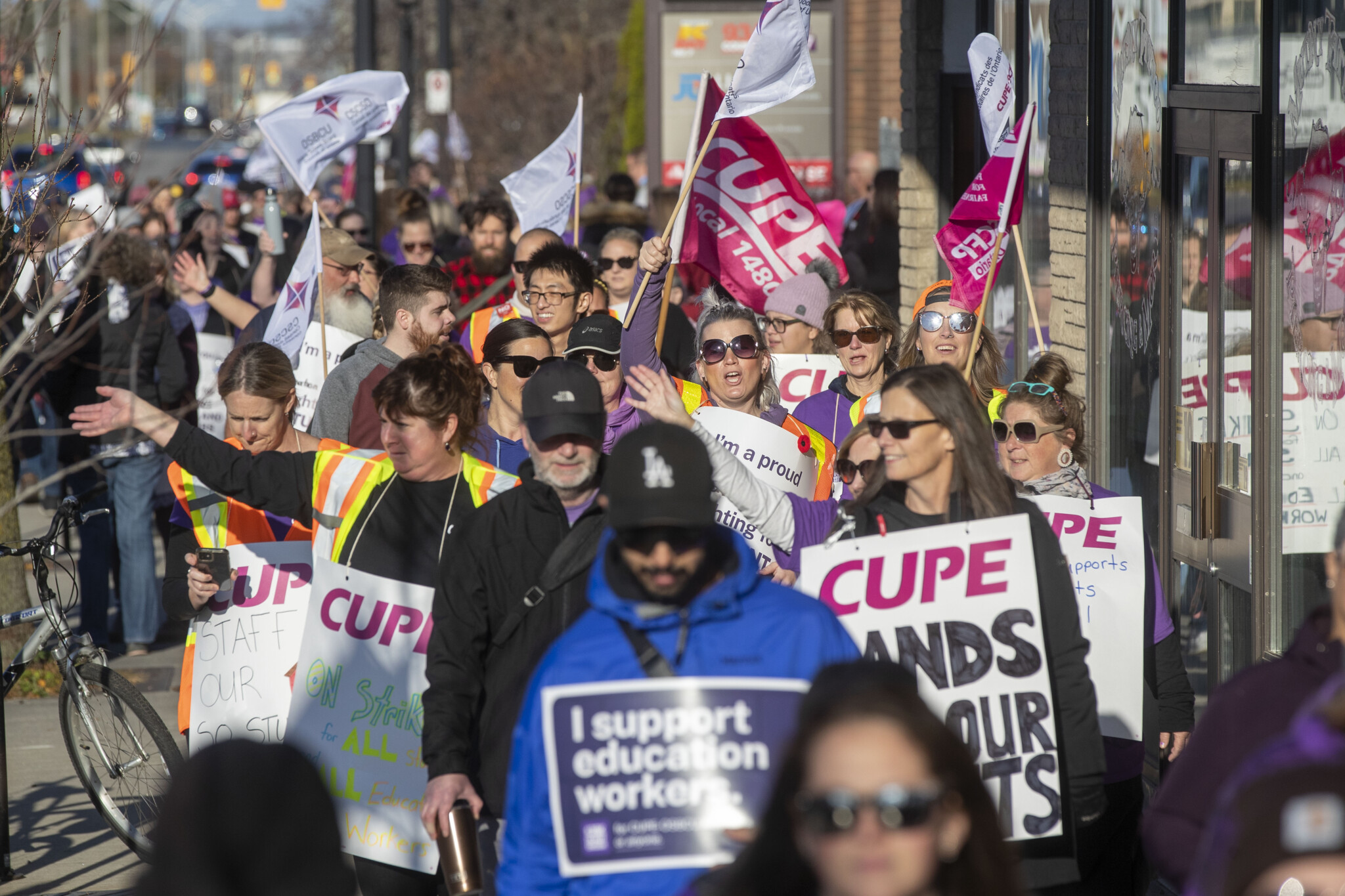Before the rise of Trumpism or right-wing populism, regular Hub contributor David Frum was already calling for adjustments to conservative orthodoxy on the welfare state and the West’s relationship with China. His aim was to sustain public support for free trade and free markets.
Those calls mostly went unheeded. If anything, they drew criticism from conservatives who accused him of going squishy. Fast forward 15 years, and, as we’ve discussed, many of those same critics have since raced past him with ideas and positions that diverge far more from conservative principles than anything he ever proposed.
I’ve started to feel the same way about today’s talk of the political realignment. I was writing and thinking favourably about the prospects for working-class conservatism in Canada before most others were paying attention. I documented the changing nature of working-class life, the uncertain future of mid-skilled employment, and the political opportunity for conservatives to respond with a working-class agenda rooted in a conservative worldview.
There have been some positive developments on this front. The Harper government’s Working Income Tax Benefit, the Registered Disability Savings Plan, and Pooled Registered Pension Plans were notable steps toward a conservative agenda for the modern working class. More recently, the Ford government’s Low-Income Individuals and Families Tax (LIFT) Credit—which effectively eliminates income taxes for those earning at or near minimum wage—stands out as another example of pro-worker policy innovation.
Since then, enthusiasm about political realignment has grown among conservatives, spurred by developments in the United States and the United Kingdom, as well as the dynamics of Canada’s most recent federal election. But the problem is that much of this energy has either subordinated the task of reconciling conservative principles with a working-class agenda, or conflated organized labour with the working class itself.
Both are bad developments. They may help to secure a union endorsement during an election campaign or draw in some non-traditional voters in the short term. But they risk coming at the expense of conservative principles in exchange for modest and passing political gains.









